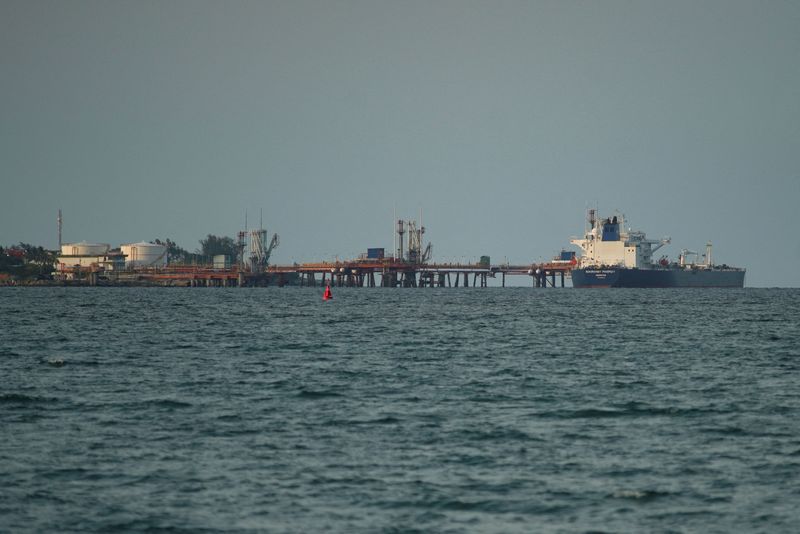Russian oil exports may fall significantly due to EU sanctions
2022.12.22 13:12
[ad_1]

Russian oil exports may fall significantly due to EU sanctions
Budrigannews.com – After a Western price cap and an EU embargo on Russian oil took effect in December, traders and Reuters calculations indicate that exports of Russia’s flagship Urals crude blend from Baltic Sea ports may decrease by up to a fifth.
According to traders, Russia has struggled to find enough suitable vessels and has been unable to fully redirect Urals exports from Europe to other markets, particularly India and China.
Urals exports from the Baltic Sea ports are expected to decrease from 6 million tonnes in November to around 5 million tonnes this month, according to data from traders and calculations made by Reuters. 4.7 million tonnes is as low as some estimates go.
In addition to the European Union’s sea-based embargo on Russian crude imports and similar pledges from the United States, Canada, Japan, and Britain, the G7 countries, Australia, and the European Union imposed a $60 per barrel price cap on Russian oil on December 5.
Non-EU nations are allowed to import Russian crude by sea, but shipping, insurance, and reinsurance companies are not allowed to handle cargoes of Russian crude around the world unless they are sold for less than $60.
Urals crude has been sold at deeper discounts in December, and India, the dominant buyer, has purchased barrels for well below the $60 price limit.
A lack of non-western tonnage, a weak export economy, and moderate demand for the grade in Asia, particularly in China, have exacerbated the effects of the sanctions on Urals loadings from Russia’s Baltic ports.
According to traders, the pipeline monopoly Transneft was unable to fill all of the available loading slots due to a lack of bids from producers. Some additional slots were moved up or canceled.
The idea of setting a price cap on Russian oil exports was first discussed by U.S. officials with the intention of reducing Russia’s high oil revenues.
More Natural gas continues to fall due to weak demand
That will be difficult to accomplish because the withdrawal of buyers reduced the cost of Russian crude but increased price volatility on international markets due to the possibility of supply disruption.
Russia has stated that it will not adhere to the cap, even if production must be reduced.
Oil exports outside of Western nations continued after December 5 in defiance of the price cap because Russia reduced its use of Western shipping and insurance services.
However, according to industry sources in December, the number of nations willing to purchase Urals decreased to four—Bulgaria, China, India, and Turkey—and in some instances, Urals were sold to export markets at a lower overall production cost, including local levies.
Russia’s market participants are increasingly discussing the need for significant production cuts to support prices and boost the oil industry’s efficiency, with global oil prices hovering around $40 per barrel below this year’s peak.








